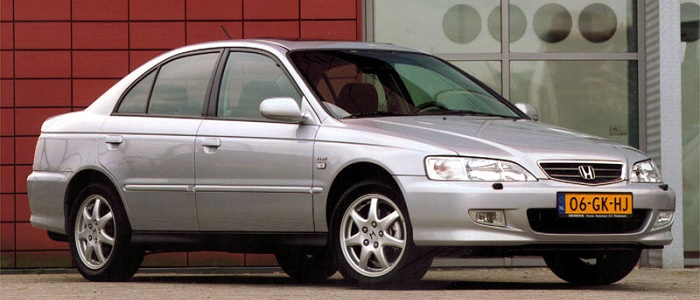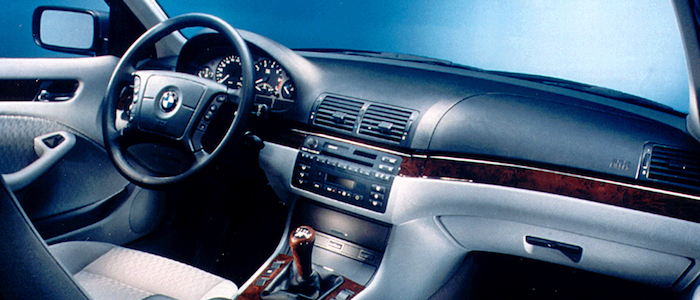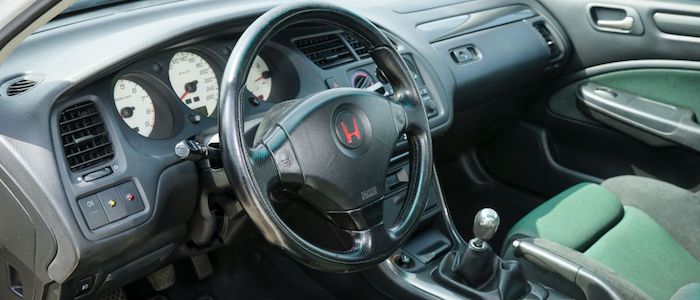Compare two cars
Compare any two cars and get our Virtual Adviser™ opinion
Dimensons & Outlines
Engine
Performance (manual gearbox)
Performance (automatic gearbox)
Expenses
Virtual Adviser's™ opinion
Two significantly similar cars, no doubt about that. Still, each one has something different to offer. Having both cars powered by petrol engines and utilizing the 4-door sedan body style within the same 'Large family car' segment, the only major difference here really is their wheel drive configuration (rear for the BMW and front in the case of the Honda). The first one has a BMW-engineered powertrain under the hood, a 6-cylinder, 24-valves 150hp unit, while the other one gets its power and torque from a 4-cylinder, 16-valves 147hp engine designed by Honda.
SafetyA starting point here would be to take a look at the results from European New Car Assessment Programme (Euro NCAP) tests which were performed on both of the cars, with the same number of safety stars gained in the process. That aside, let's consider some other aspects which affect safety. Both vehicles belong to the large family car segment, which is generally a good thing safety-wise, but it doesn't do much to help us decide between the two. Furthermore, when it comes to weight, a factor that most people underestimate, the German car offers a marginal difference of 5% more metal.
ReliabilityI don't like generalizing things when it comes to reliability, although it does seem that Honda is significantly less fault-prone, all the models observed together. That's the official data, while our visitors describe reliability of BMW with an average rating of 4.1, and models under the Honda badge with 4.7 out of 5. The same official information place 3 Series as average reliability-wise, and Accord is more or less at the same level.Above it all, drivers of cars with the same engine as the German car rank it on average as 3.0, while the one under the competitor's bonnet gets 4.8 out of 5.
Performance & Fuel economyBoth of the cars accelerate exactly the same, so we couldn't put one above the other. Car No. 1 reaches top speed of 210 kilometers per hour, 9km/h more than the other car. When it comes to fuel economy things look pretty much the same for both cars, averaging around 8.8 liters of fuel per 100 kilometers (32 mpg), in combined cycle.
Verdict
Honda is apparently more reliable, not too much, but just enough. The most important thing when deciding between any two vehicles should always be safety, both passive and active. In my opinion, everything taken into account, the German car offers slightly better overall protection and takes the lead. It all continues in the same direction, with BMW offering somewhat better performance, just enough to call it quicker. It does come at a cost though, and that's the fuel consumption... No mistake, whatever you decide here, but I'd still go for the Honda. Anyway, that's the most objective conclusion I could've came up with and it's based solely on the information found on this website. Aspects such as design, practicality, brand value and driving experience are there for you to measure them out. Also, you could use the oportunity to find out which car, everything taken into account, would be the perfect choice for you in the eyes of the virtual adviser™, out of 12.000+ vehicles we currently have in our database.































